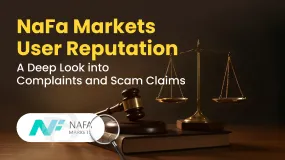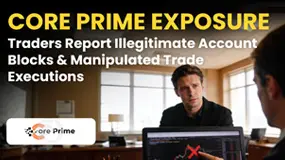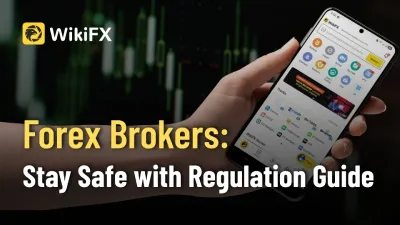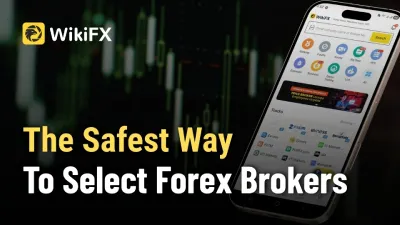Abstract:Uncover major aspects of onshore and offshore regulated brokers. Understand their key differences, associated risks, and the implications for traders.
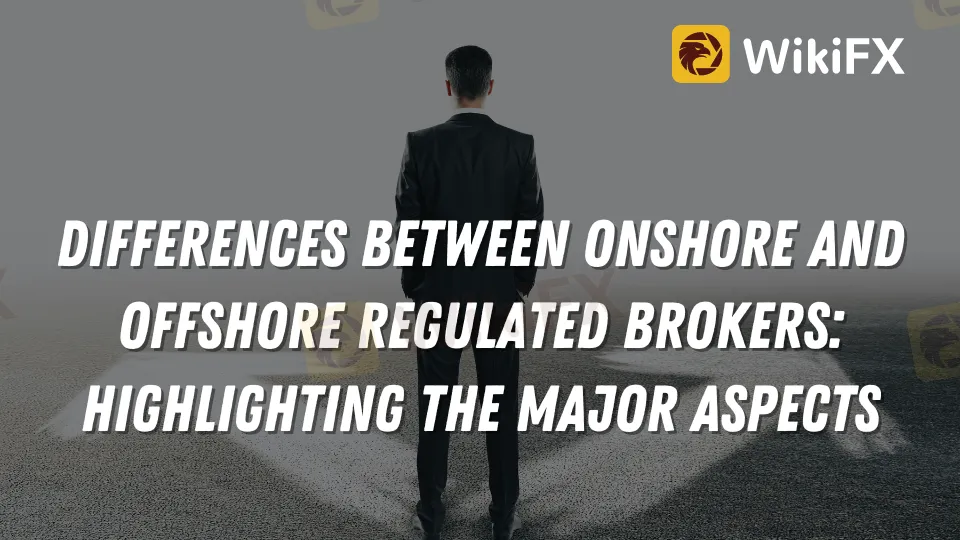
In the multifaceted world of financial markets, brokers serve as the essential link connecting traders and investors with opportunities. They facilitate the buying and selling of securities, offering the necessary infrastructure and support. These brokers can be broadly classified into two categories: Onshore Regulated Brokers and Offshore Regulated Brokers. This article aims to unravel the key differences between these two types of brokers and shed light on the associated risks.
Understanding Onshore and Offshore Brokers
Onshore Regulated Brokers are financial firms authorized and overseen by the regulatory body of the country where their headquarters are located and where they primarily operate. These brokers must comply with local financial laws and regulations, offering a degree of protection to traders.
On the other hand, Offshore Regulated Brokers are registered and regulated in a foreign jurisdiction, outside the country of their primary operation. They offer services to clients internationally and are subject to the regulations of the country in which they are registered.
Comparing the Characteristics
One primary difference between onshore and offshore brokers lies in their regulatory frameworks. Onshore brokers must adhere to the financial laws of their home country, which may be stringent and closely monitored. Offshore brokers, depending on the country of their registration, may operate under less strict regulations, offering more flexibility but potentially less protection to traders.
Access to markets is another factor that separates these two types of brokers. While onshore brokers typically offer instruments traded in local markets, offshore brokers can provide access to a wider range of international markets and securities.
Lastly, the tax implications for investors can also differ. Depending on an investor's location and the broker's jurisdiction, offshore brokers may offer certain tax efficiencies not available with onshore brokers. However, it is crucial for investors to understand their tax obligations based on their home country's laws.
Weighing the Risks

While both types of brokers come with their unique advantages, they also harbor potential risks.
With onshore brokers, while the stringent regulatory environment can offer better investor protection, it might also limit the available trading conditions. For example, lower leverage limits and restrictive financial instruments can limit trading strategies.
In contrast, offshore brokers, with their more flexible regulations, can offer high leverage and more diverse trading opportunities. However, this comes with increased risk. The potential for higher returns accompanies a higher chance of significant losses.
Regulatory risk is another factor to consider. The protections afforded to you as a trader depend heavily on the regulatory body overseeing your broker. While onshore regulations are generally strict and well-enforced, offshore regulations can vary significantly, with some jurisdictions offering only minimal oversight.
Lastly, operational risk is a factor in both scenarios. This encompasses a broker's financial health, trading platform security, and overall operational stability. Both onshore and offshore brokers can face these risks, but the repercussions might differ depending on the regulatory oversight and protections in place.
Who's More Fraud-Prone, Offshore or Onshore Brokers?

While both offshore and onshore regulated brokers have the potential for fraudulent activities, offshore-regulated brokers are generally considered more prone to fraud. This is largely due to the variance in regulatory environments across different jurisdictions. Some offshore jurisdictions might have less stringent oversight or more lax financial regulations, which can create more opportunities for fraudulent activities. Onshore brokers, on the other hand, typically operate under stricter regulations with more rigorous enforcement, reducing the potential for fraud.
However, it is important to note that this does not mean all offshore brokers are untrustworthy. Many offshore brokers are regulated by reputable authorities and offer legitimate services. Always conduct due diligence before choosing any broker.
Identify Broker's Regulatory Status In WikiFX App
Identifying a broker's regulatory status using the WikiFX app is a straightforward process. When you launch the app, you'll see a search bar at the top of the home screen. You can type the broker's name here. Once you've found and selected your broker, the app will display detailed information about the broker.
Onshore Broker

Offshore Broker

The app provides information about the regulatory status of the broker, including whether it's regulated by an onshore or offshore body. You'll typically find this information under the “Regulation” or “License” section. Regulatory bodies could range from prominent onshore regulators like the U.S. CFTC, the UK's FCA, or Australia's ASIC, to offshore regulators like the FSC in Mauritius or IFSC in Belize.
Conclusion: A Matter of Due Diligence
Choosing between an onshore and offshore regulated broker is a significant decision that should be based on thorough research and personal trading goals. It's important to comprehend the regulations, the potential advantages, and the risks associated with both types of brokers.
Remember, the allure of potentially higher returns should not overshadow the need for investor protection and regulatory oversight. A careful balance between potential gains and associated risks is key to successful trading. By understanding these differences and risks, traders can make informed decisions aligning with their investment goals and risk tolerance.
Get the WikiFX App on your mobile device to keep up-to-date with recent developments. Access the App through this link: https://social1.onelink.me/QgET/px2b7i8n









